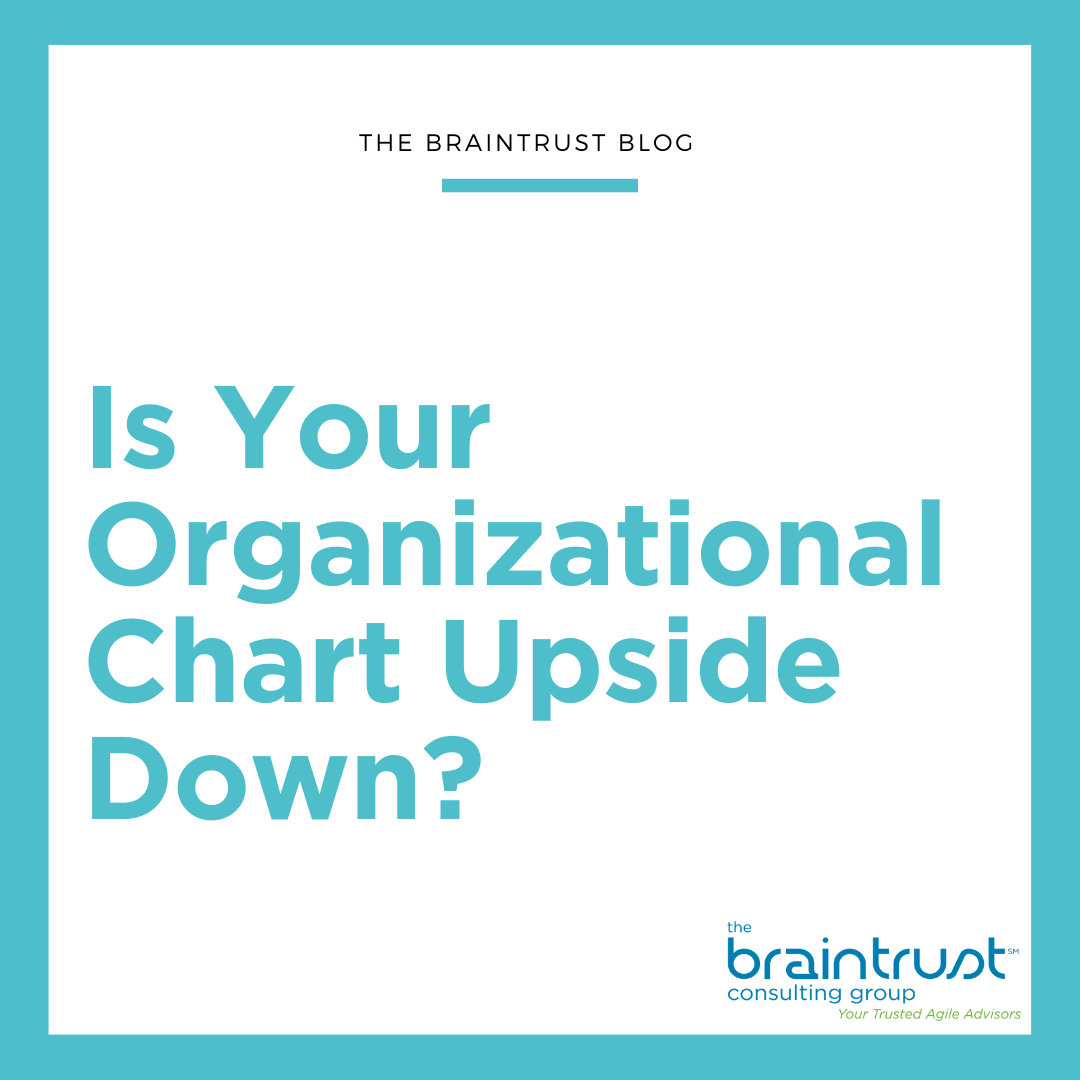Psychological safety is a topic that is incredibly important but can be a very touchy subject in the workplace. We defined psychological safety in this blog post, and we discuss how to foster psychological safety in this blog post.
But are you familiar with the signs that your team is in psychological danger?
With psychological danger, we have fear, blame, unwillingness to share or collaborate. This ultimately leads to the Common Knowledge Effect, where we all think alike, don’t challenge the norm, aren’t creative, and have no ideation.
With psychological safety, it is the opposite—we have comfort, we learn, we openly share, which all drives better decisions and innovation.
Signs of Psychological Danger
Being wrong is avoided like the plague
- Admitting you are wrong can have a disastrous effect on the way others perceive you.
- Challenging a co-worker or superior on their ideas and pointing out when they may be wrong.
Fostering a healthy culture of debate within the team can be a way to make “being wrong” OK. One way to do this is formally appointing roles within the team, such as a devil’s advocate.
Blame is more important than gratitude
- It is important for managers and team members to be able to hold one another accountable for results and behaviors.
- However, this can easily become confused with blame, particularly in the wake of failure.
In contrast to focusing on blame, psychologically-safe environments embrace mistakes and treat failure as learning. One surprising way to do this is for managers to show gratitude for the work and effort invested, regardless of a negative outcome.
Outlying views are ignored
- When team members observe that outlying views are regularly dismissed, they are less likely to share ideas or knowledge that stray from what the rest of the group knows.
- This is another symptom of the Common Knowledge Effect.
One way managers can work around this is by actively listening for outlying or contrarian views and rewarding them. Even if the idea is not perfect, acknowledging it and demonstrating genuine interest in understanding its merits demonstrates to the rest of the group that uncommon knowledge is welcome and valued.
Signs Your Organization has Low Psychological Safety
- Employees don’t ask many questions during meetings.
- Employees don’t feel comfortable owning up to mistakes or place blame on others when mistakes are made.
- The team avoids difficult conversations and hot-button topics.
- Executives and team leaders tend to dominate meeting discussions.
- Feedback is not frequently given or requested.
- Employees don’t often venture outside of their job descriptions to support other teammates.
- Employees don’t ask one another for help when they need it.
- There are hardly any disagreements or differing points of view.
- Employees don’t know one another personally, just professionally.



